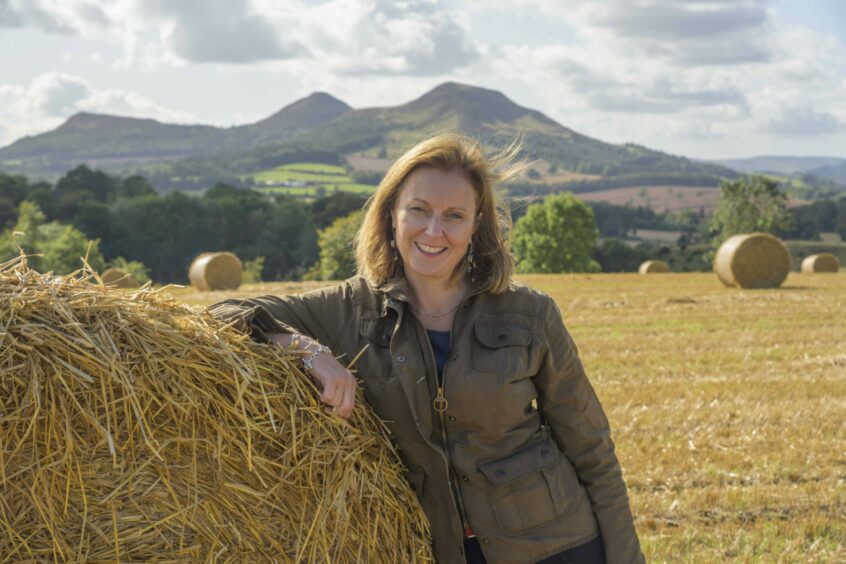Groudhog Day might not have been screening at the Dundee Centre for the Arts, but there was a strong feeling of déjà vu yesterday amongst the hastily gathered press hoping to hear some clear details on the Scottish Government’s new agricultural policy.
While Cabinet Secretary Mairi Gougeon revealed the publication of the “landmark” Agriculture and Rural Communities (Scotland) Bill – which she said would reform how farming and food production was supported in Scotland – at the venue, there was once again little in the way of new detail to adorn what is effectively a necessary statutory instrument to allow farm payments to continue.
Speaking ahead of a meeting of the Agricultural Reform Implementation Oversight Board (ARIOB), the cabinet secretary did, however, issue a call for more from the sector to become involved in drawing up the proposals which will form the secondary legislation providing the meat of the new farm support strategy – which is set to be up and running by 2026.
“The next phase of public participation is open to all – volunteers will be reimbursed with the amount varying by activity dependent on time involved,” said Ms Gougeon, requesting volunteers to register their interest at the online portal https://forms.office.com/e/5KgnShDVEz
She also announced that a new Code of Practice for sustainable and regenerative farming practices would be drawn together to help focus the sector on meeting the Scottish Government’s vision for the country to become a world leader in this field.
And although she said that this would not be directly linked to the conditionality requirements proposed for the new policy, she said it was important to outline what the approach entailed while not being overly restrictive and remaining flexible.
Commenting on the launch of the bill, NFU Scotland’s Jonnie Hall agreed that many farmers would be frustrated by the continued lack of detail.
“While absolutely necessary, frustratingly this primary enabling legislation is also pretty bland – it lacks the obvious detail which farmers and crofters need now if they are to plan for and implement change,” said Mr Hall.
Highlighting the long-term nature of the industry he said that his members needed the Scottish Government to use 2024 and 2025 to provide an effective, smooth transition for all agricultural businesses to hit the ground running from 2026.
“At first glance alone, it’s clear there are elements included in the Bill that we have advocated for from the outset,” he said.
“But there are also other sections that need real interrogation. We must, for example, have assurance of a multi-annual support framework. The legislation has to work for and with farmers and crofters if its goals are to stand any chance of success.”
Meanwhile, Scottish Conservative shadow rural affairs secretary Rachael Hamilton MSP said SNP-Green ministers have a ”brass neck” tagging on rural communities to the title of this bill.
She said: “After waiting for so long for the SNP-Green government to publish this bill, there is still very little in the way of detail for the agriculture sector and rural communities.
“There is precious little clarity for farmers and crofters on their future which is hugely disappointing and the Scottish Conservatives will be carefully scrutinising what ultimately emerges in this bill and bring forward amendments to support them.
“We have brought forward bold and ambitious plans to protect future food production in Scotland and we need the SNP-Green government to match that ambition.
“SNP-Green ministers have neglected them during their 16 years in office and that woeful record has only worsened since the extremist Greens joined the government.
“They have presided over endless delays to their flagship broadband programme and left communities waiting endlessly for lifeline transport services.
“This bill cannot be a wasted opportunity and we will hold SNP-Green ministers to account to ensure it delivers the right support going forward for farmers, crofters and rural and remote Scotland.”


